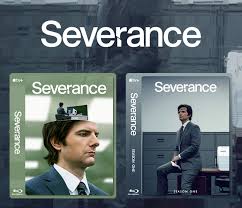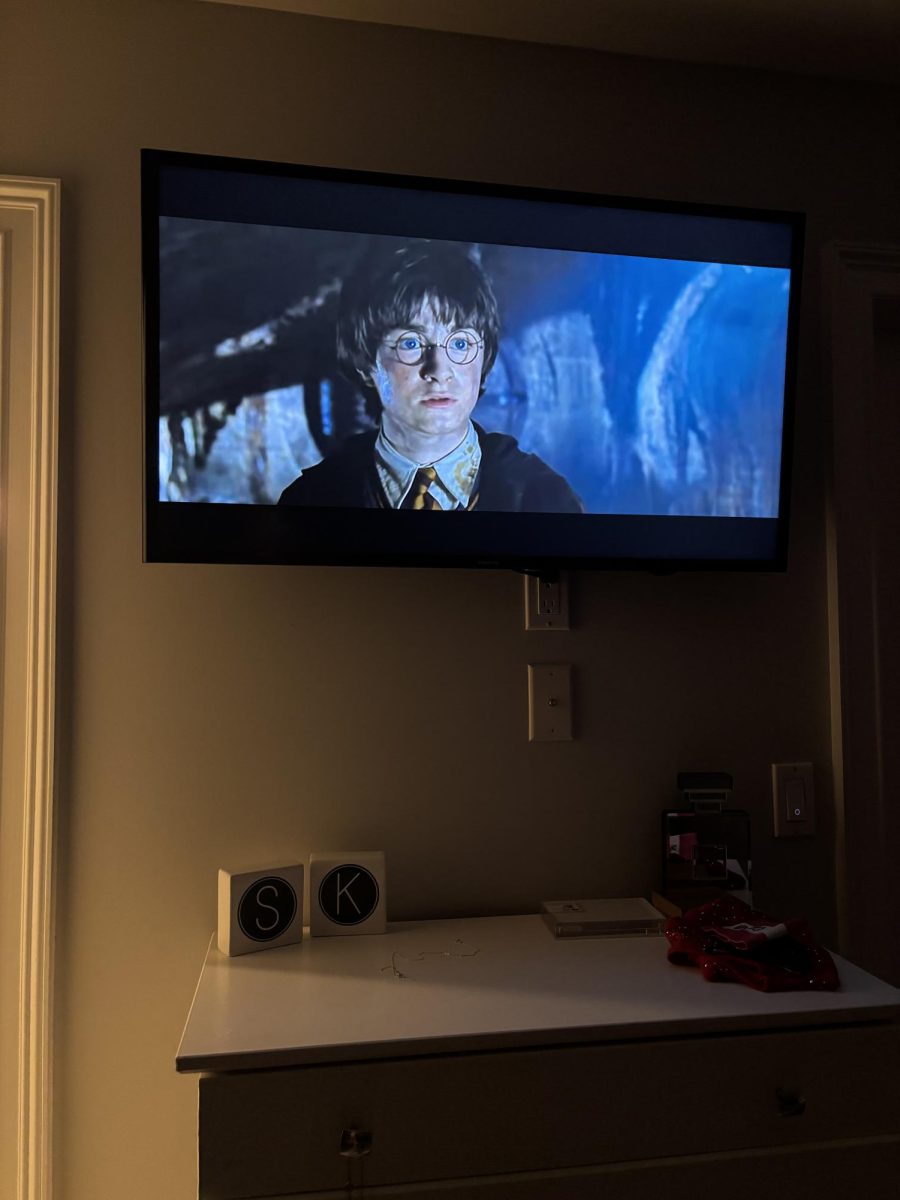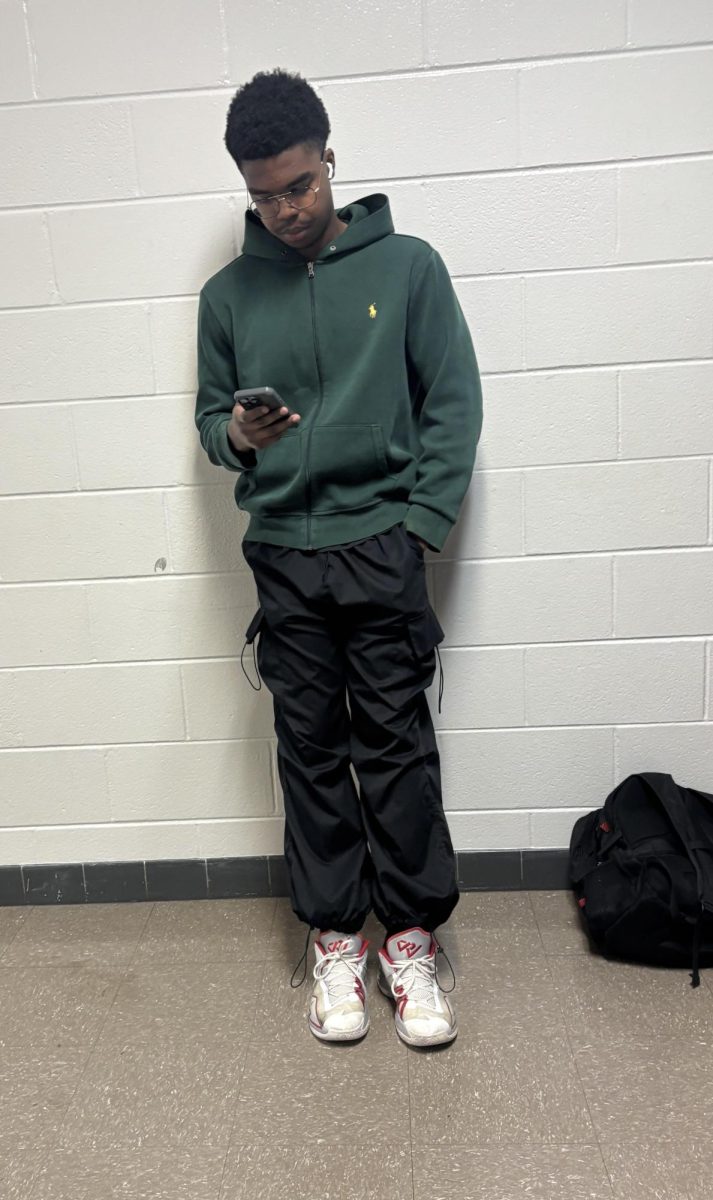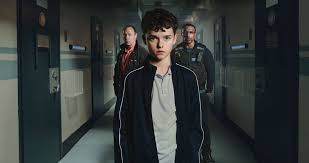Imagine you wake up, lying on a table in an office room. A man’s voice suddenly blares through an intercom, asking you five basic questions about your identity, yet you can’t answer any. The man speaking through the device enters the room to comfort you, but you panic and clock him in the head with the intercom. You are later convinced that your personalities have been split into two: your “innie” is your state of consciousness while at work, while your “outie” is your state of consciousness outside of work. Lumon Industries, the company that performs this procedure, spins a web of secrets that you and your colleagues intend to unravel.
This intricate concept is the storyline of Apple TV’s Severance. Directed by Ben Stiller, the show stars Adam Scott, Britt Lower, John Turturro, and Zach Cherry. They play a group of colleagues working in Lumon’s “macro data refinement” department. Most of the show takes place in the basement of the Lumon office building, a captivating set that immerses viewers in Lumon’s perplexing world.
The series’ first season came out in February 2022, though its publicity is building back up due to season two episodes dropping weekly. Critics rated the show 97% on Rotten Tomatoes, a collection of film and TV reviews from reviewers, and 8.7/10 on IMDb (The Internet Movie Database).
I started the first season a few weeks ago and have been invested ever since. The show begins in an ominous mood but evolves into a sci-fi mystery that illustrates the cruelty of corporate life.
The show follows its main character, Mark, (Adam Scott) who made me feel like I was living his somber, yet uncomplicated outie life with him. Because Lumon’s workers’ work and home life are disconnected, Scott perfectly portrays entirely different personalities. Something not shown is Mark’s colleagues’ outie lives, leaving their home lives up to my imagination. The show then reveals this in its groundbreaking season finale.
I am now a few episodes into season two (only five have been released) and my opinion of the show has not changed. It picks up where season one left off, only it moves faster and more dots connect. Because we already know most of the characters, the plot builds quicker and leaves less time for introduction.
Although I enjoyed Severance because of its ongoing calculated plot that left all the mystery-solving towards the end of the season, it was more of a slow burn. Those who enjoy shows with a quick build-up may not appreciate it – the first half of season one served as more of an introduction that led to unsolved questions to be revealed in the finale. It also takes time to really get to know the characters and follows a type of storytelling that enhances detail, not action.
Overall, Ben Stiller and his crew’s unique use of cinematography created an ominous, beautifully unsettling TV series.









